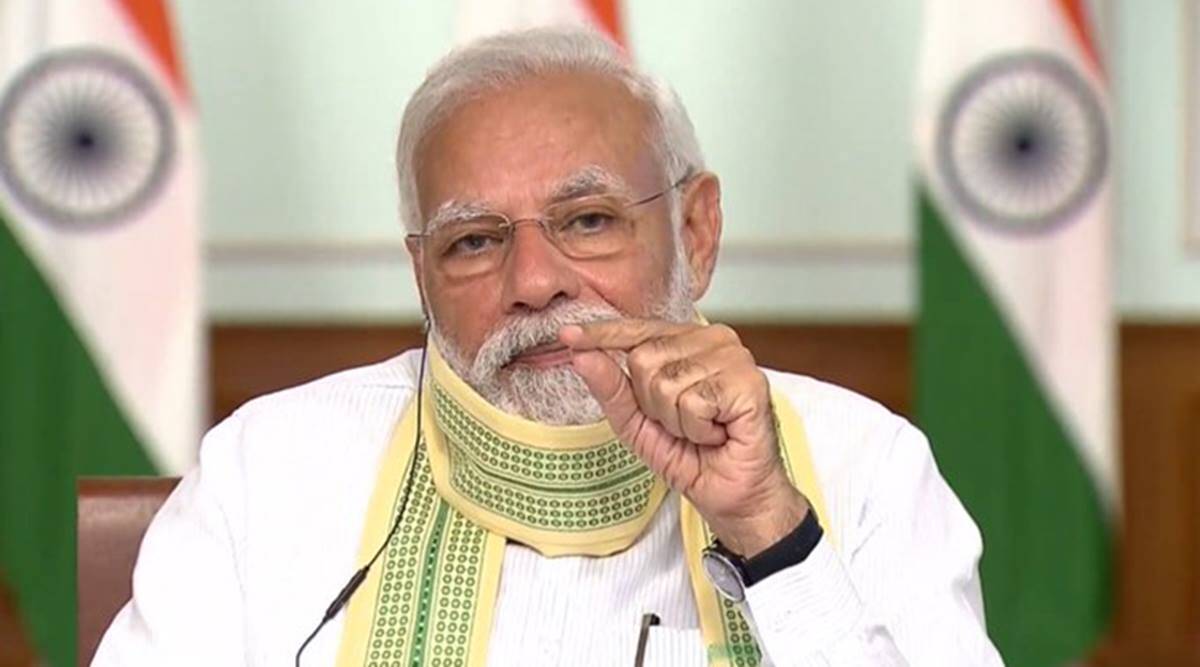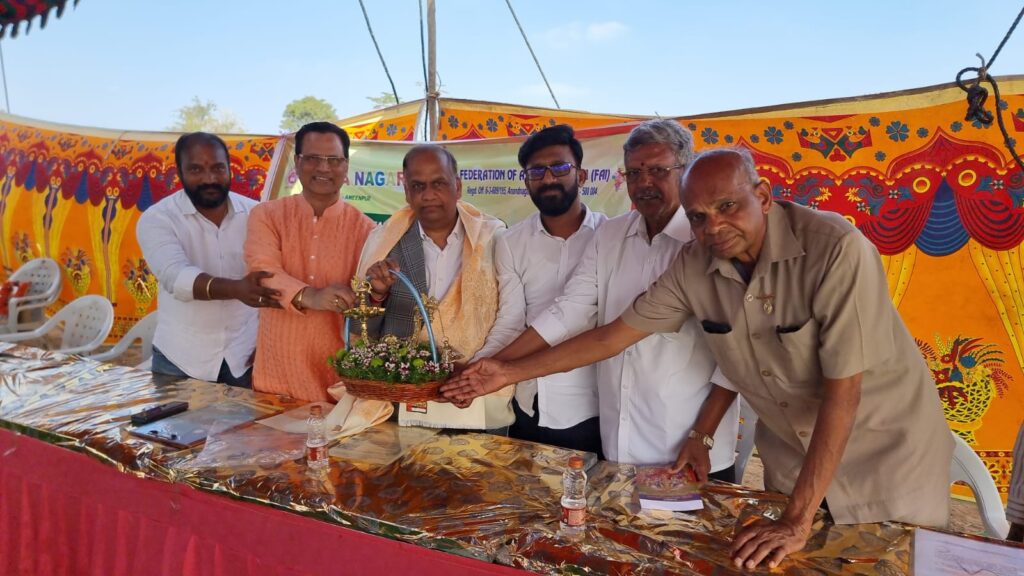Rama Krishna Sangems
Supreme Court’s unanimous judgement on abrogation of Article 370 of the Constitution is a big boost to Prime Minister Narendra Modi, barely five months ahead of general elections to Lok Sabha. His image will go up as an Indian PM who has taken a bold decision to scrap Article 370, which gave special status to Jammu and Kashmir for the last 73 years.
The five member constitutional bench of SC upheld the legal validity of Modi government’s decision to do away with Article 370, on August 5, 2019, in its judgement on December 11, Monday, at 10.30 am. Chief Justice of India DY Chandrachud led the bench which also comprised Justices Sanjay Kishan Kaul, Sanjeev Khanna, BR Gavai and Surya Kant.
The text of the judgement of 476 pages is available on the SC website now.
A notable thing is that all the five judges who heard the case on a day to day basis for 16 days till October 27, were on the same page on the thrust of the verdict. Of course, three of them, CJI, Kaul and Khanna wrote one judgement while the other two – Gavai and Kant wrote their own. As many as 26 petitioners challenged the Government of India’s August 5, 2019 order abrogating Article 370.
Immediate reactions to the apex court ‘s judgment are on expected lines. While most political parties in the country welcomed it, a few of them from J&K accepted the verdict without some dissent. National Conference leader Omar Abudullah and PDF’s Mahabooba Mufti were apparently not happy with the judgement and maintained that they would again go to the SC seeking a revision.
Others like recently launched Democratic Progressive Azad Party leader Ghulam Nabi Azad said that they were not happy with the scrapping of special status to J&K, but would accept the SC ruling. Interestingly, the top court of the country directed Election Commissions of India to hold elections to Jammu and Kashmir by September 30, 2024. The top court also ordered the Centre to restore statehood to J&K as early as possible.
The top court of India mainly dealt with the case from three broad points: One, the very nature of Article 370 is a temporary and transitory provision that was made at the time of Indian Independence and integration of princely states, Two, the powers of President of India in passing executive orders on abrogating Article 370, Three, whether the order scrapping Article 370 is malafide (bad intention).
The SC cleared doubts on all the three aspects and upheld abrogation. Whatever the special status or powers given to J&K assembly at the time of partition of India in 1947 were only transitional and that they cannot confer any sovereignty to the state of J&K. The India parliament and the President has every power to change any article of the Constitution and that applies to Article 370 too.
What is Article 370?
This contentious Article 370 came into being after J&K’s state constituent assembly sought a provision in Indian Constitution granting special status. The Centre agreed to it. At that time, J&K had a separate constitution like most other princely states. Article 370 says, for Indian parliament to make any laws for J&K, its state assembly permission is a must. This is a sort of guarantee to J&K granted b the Centre at the time.
As a result, most of the laws like SC/ST reservations or rights of women were not extended to J&K. Even to buy a property or house in Kashmir, special permission is required. In fact, outsiders are not allowed to buy any property. The August 5, 2019 order cancelled it. Now the SC has cleared ways for extending all Indian laws to J&K too. This full integration of J&K has been the slogan and election manifesto of BJP right from Jan Sangh days of early 1950s.
Last week, the BJP government brought in Lok Sabha two Bills on J&K reorganisation of assembly seats and reserving assembly seats to SC/STs and other displaced people like Pandits and those from Pakistan occupied Kashmir region. The SC verdict came as a big boost to the passage of the Bills in this session. As the SC asked the Centre to hold elections to J&K assembly at the earliest, now all eyes on the poll process.



